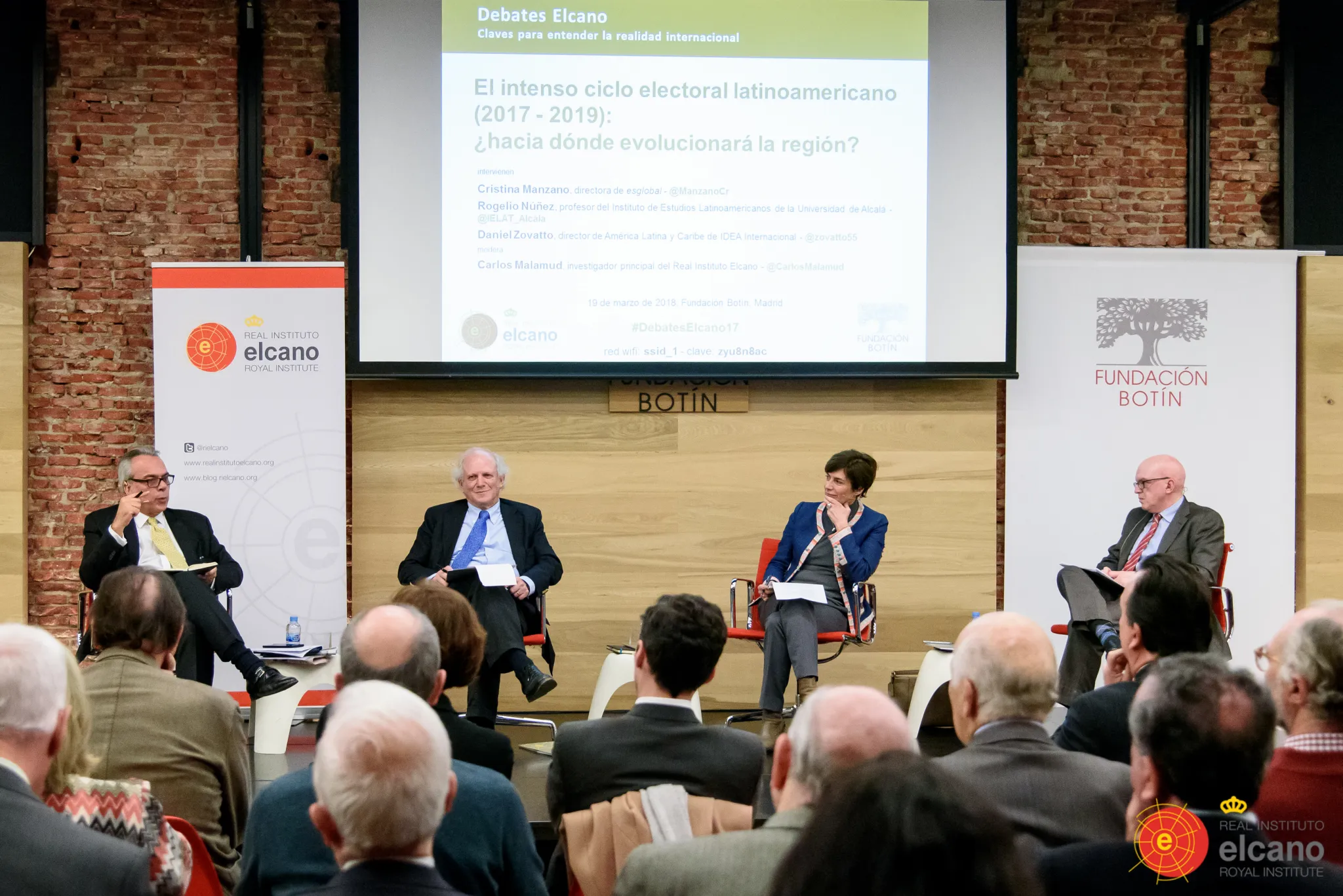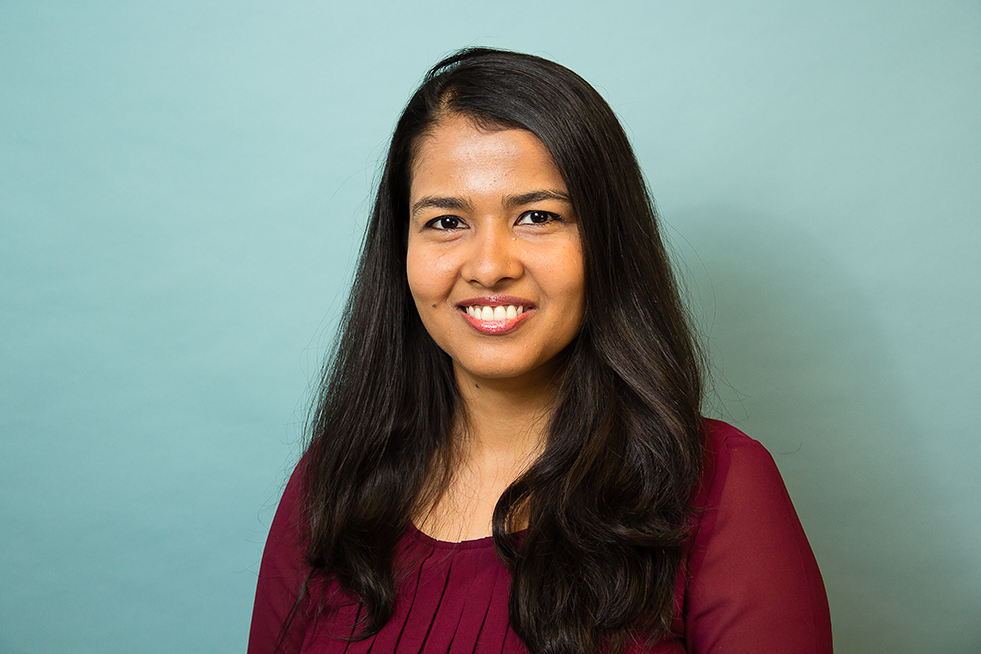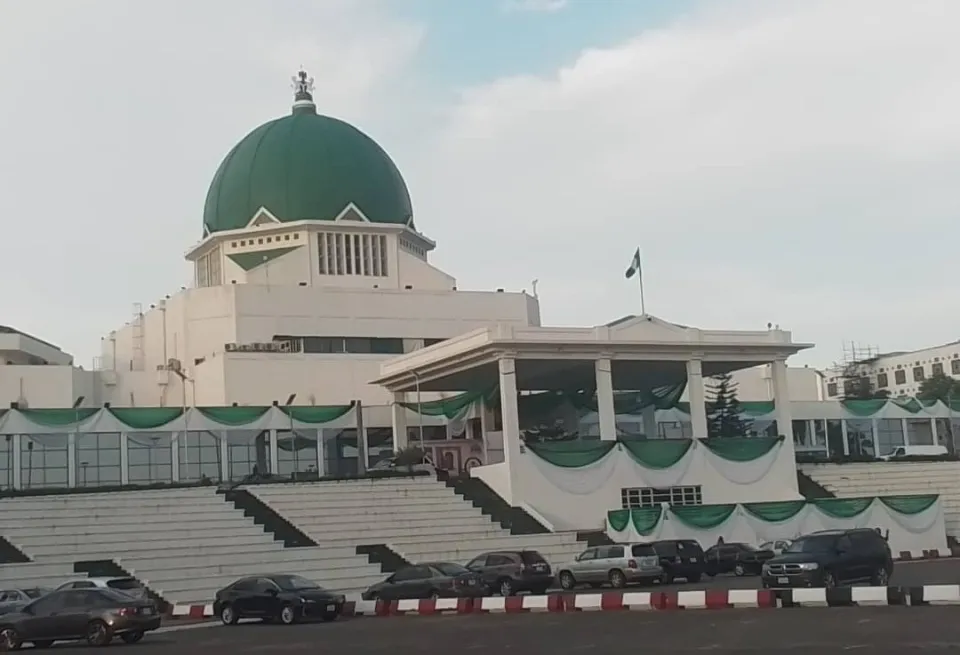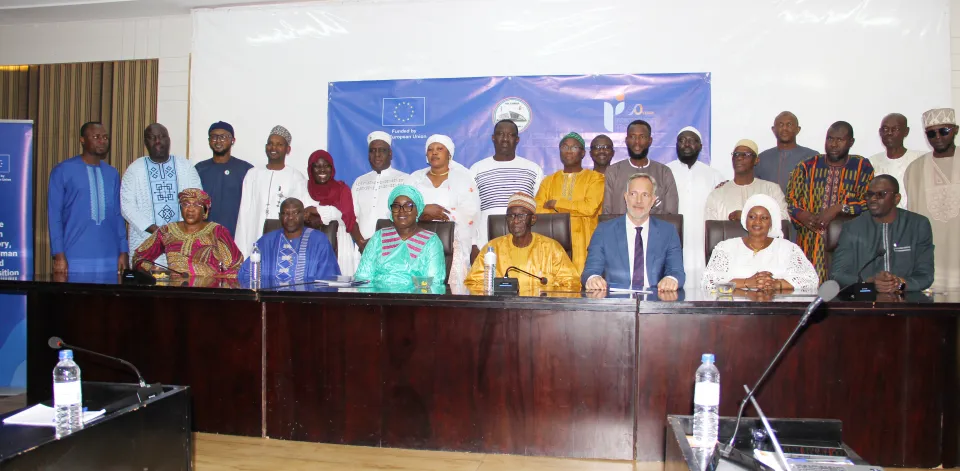Electoral Marathon 2018: A decisive year for Latin America

The Regional Director of International IDEA for Latin America and the Caribbean, Dr Daniel Zovatto, participated in the Elcano debate17: "The intense Latin American electoral cycle (2017-2019): where will the region evolve?", organized by the Elcano Royal Institute, the Botín Foundation and International IDEA, on 19 March 2018 in Madrid. The purpose of the debate was to analyze the common and particular elements of the 2017-2019 super electoral cycle, as well as its main trends, in order to achieve a better understanding of it. Zovatto shared the panel with Cristina Manzano, director of Esglobal and Rogelio Núñez, Professor at the University of Alcalá. The panel was moderated by Carlos Malamud, principal investigator of the Elcano Royal Institute.
Este artículo se encuentra disponible en Castellano.
The Regional Director of International IDEA began by saying that 2018 is projected as a mediocre economic year, intense in the political-electoral and social complex, characterized by numerous corruption scandals and an intense and decisive electoral marathon. For Zovatto, the regional political context is increasingly complex, volatile and characterized by a high level of uncertainty and polarization. The quality of democracy shows a significant deterioration as evidenced by two important indices: the Intelligence Unit of The Economist and the German Bertelsmann Foundation. Given the lack of results, the high levels of citizen insecurity and the serious corruption scandals, the support for democracy has fallen for the fourth consecutive year, at the same time as it increases the dissatisfaction with it, with the elites and with the main institutions of the representative democracy, especially with parliaments and political parties.
He pointed out that between 2017 and the end of 2019, 15 of the 18 countries in Latin America, including the four largest economies in the region (Brazil, Mexico, Argentina and Colombia), will hold their respective presidential elections. Added to this is the change of government in Cuba (scheduled for 19 April 2018), and mid-term elections in the United States of America.
Regarding the 2018 electoral calendar, Zovatto said that during this year there will be six presidential elections: Costa Rica held its first round on February 4, and will hold the run-off on April 1, which will then be followed by the Paraguayan elections on April 22, the Venezuelans on May 20, followed by the presidential elections of Colombia on May 27; Mexico on July 1, and finally Brazil on October 7. Thus, in just six months, between May and October, the first (Brazil), second (Mexico) and fourth economy (Colombia) of the region will renew their leaders; a simultaneity that only occurs once every 12 years. "The results of this electoral marathon will be decisive in defining the characteristics, trends and intensity of the political change that our region will experience in the coming years," he said.
To all these factors, in the opinion of Zovatto, we must add the Summit of the Americas, which will take place in Lima (Peru) next April 13 and 14, whose central theme is the fight against corruption, but during which, surely, the crisis in Venezuela will occupy an important part of the debates. Zovatto also stressed the relevance of the G-20 summit, which will be held for the first time in a South American country: Argentina, November 30 and December 1. He concluded: "A lot is happening in Latin America. It is a decisive year for the region. At the end of this marathon, we will have the necessary inputs to know where Latin America will evolve and if we are facing a change in the electoral cycle."
When analyzing the main electoral and political trends that characterize this super electoral cycle, the Regional Director pointed out the following: "These elections are characterized by high level of anger and discomfort of citizens with the elites and with politics. There is a strong anti-establishment sentiment. This explains the weakness of traditional parties in most of these processes, as well as the increasing personalization of politics and the important role played by independent anti-system candidates. These processes take place at a time when there is a fall in the levels of trust in the elections and in the electoral courts. The vast majority of these elections are characterized by a high degree of uncertainty, volatility and polarization. As a result of the low level of popularity of many of the current rulers, we see a favorable tendency for alternation. Also, the high level of political fragmentation and the emergence of a greater number of independent candidates, is generating the growing need to have to go to a second round to define the presidential election—in those countries that regulate it—and that the president-elect does not have a majority in Congress, which anticipates more complex governance. Finally, it should be noted that the serious corruption scandals that sweep the region (powered by Lava Jato and Odebrecht), in many cases linked to the issue of political financing, and high levels of citizen insecurity, are two of the issues that are most present in the vast majority of electoral campaigns."
Zovatto also pointed out that with the delivery of the baton by Michelle Bachelet to Sebastián Piñera on March 11 in Chile, a phase in Latin America ended with four women in charge of their respective countries: Laura Chinchilla in Costa Rica (2010-2014), Christina Fernández de Kirchner in Argentina (2007-2015), Dilma Rousseff in Brazil (2011-2016) and Bachelet herself (2006-2010 and 2014-2018). "That there is not a single woman president in Latin America seems to me a very sad fact." he concluded.
During the debate and questioning what should be the priorities to respond to the serious crisis facing democracy in Latin America, Zovatto said: "We need to strengthen democracy but also improve the quality of political leadership and governance. Political elites should listen better to their citizens. It is necessary to restore public confidence (which has deteriorated in recent years), to face the crisis of representation and to give an effective response to the new demands of the middle class. We must also redesign the institutions, modernize the State and improve the quality of public policies. It is impossible to govern complex 21st century societies (impacted by the accelerated and disruptive changes of the fourth industrial revolution) with institutions designed in the 19th century and paradigms of the 20th century."
The full debate is available here.




